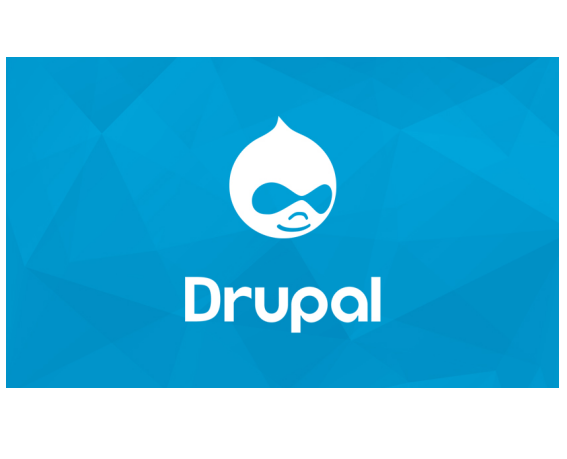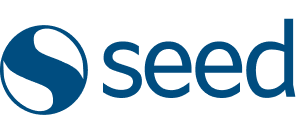
Original article on linuxjournal.com
Angela Byron, a leading figure in the open-source world, serves as the co-administrator of the Drupal framework and content management system. In a recent conversation, she shared insights into her journey with free software, the evolution of Drupal, and how others can get involved in the community.
A passion for free software
Byron's interest in free software dates back to 1995 when she first encountered the concept. Her enthusiasm grew after successfully installing Linux on her machine, an experience that made her realize the humanitarian potential of open-source software. She became an advocate for free software, urging educators to include PHP and MySQL alongside proprietary technologies like ASP and Oracle.
Despite her passion, Byron initially hesitated to contribute, believing that open-source developers were exceptionally skilled and that she lacked the expertise. However, her perspective changed in 2005 when she participated in Google Summer of Code (GSoC). The program provided an opportunity for students to contribute to free software projects, leading her to discover Drupal.
Becoming a contributor
Byron was selected to work on the Drupal Quiz Module, despite never having used Drupal before. Faced with a steep learning curve, she developed her skills by writing documentation that she wished had existed and engaging with the Drupal community to answer questions. This approach not only deepened her understanding but also established her as a prominent contributor.
Her experience highlights an essential lesson: contributing to free software does not require genius-level expertise. Passion, hard work, and a willingness to help others are the key ingredients.
The strength of the Drupal community
One of Drupal's defining features is its strong community. Byron noted that Drupal has a higher percentage of female contributors compared to other open-source projects. While precise statistics are unavailable, 11% of Drupal contributors who shared their gender identified as women. The Drupal 7 release marked a milestone, with six women included in the core maintenance team—an increase from previous versions, where there were none.
Byron attributes this inclusivity to Drupal's meritocratic culture, where hard work is valued over background. Additionally, the nature of Drupal as a web development tool attracts many women, given the high number of women in web design and development.
Transitioning from Drupal 6 to 7
Upgrading to Drupal 7 presents challenges due to API changes and the introduction of new features like the entity/field API. While the transition can be complex, tools such as the Upgrade Status and Code Update modules help streamline the process. Byron advises site builders to follow best practices, such as avoiding core modifications and relying on widely used contributed modules, to ensure a smoother upgrade experience.
Getting involved with Drupal
For those interested in contributing to Drupal, Byron recommends attending local meetups, participating in code sprints, and engaging in online forums. The Drupal community offers various resources, including the Getting Involved Guide, community initiatives, and dedicated training during events like DrupalCamps and DrupalCons.
New contributors can start by exploring the issue queue, filing bug reports, and joining discussions on IRC channels like #drupal and #drupal-contribute on Freenode. Byron herself, along with other experienced contributors, is always willing to guide newcomers.
Favorite open source tools
Byron relies on several open-source tools in her daily workflow, including Firefox, vi, Adium, Sequel Pro, and the LAMP stack, which she uses for Drupal development.
Conclusion
Angela Byron’s journey underscores the power of community and the accessibility of open-source contributions. Her story serves as an inspiration for aspiring contributors, demonstrating that passion and persistence can lead to meaningful participation in free software projects. Whether through documentation, coding, or community support, there is a place for everyone in the Drupal ecosystem.
